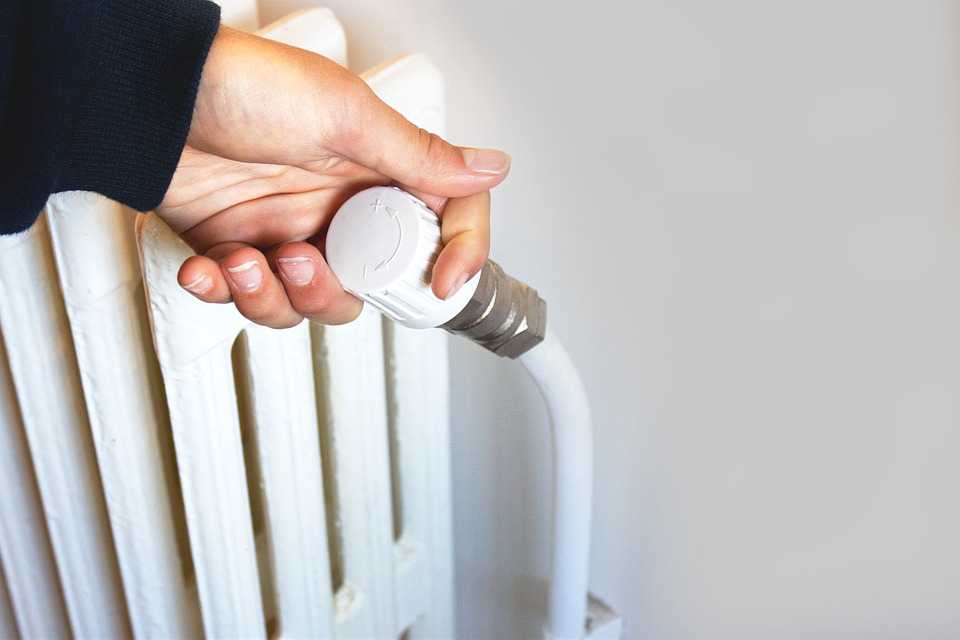Public perception towards alternatives for thermal energy consumption and the future of natural gas
Özge Okur & Javanshir Fouladvand

Public perception towards alternatives for thermal energy consumption and the future of natural gas
In The Netherlands, where natural gas for heating is widespread in the built environment, a complex energy transition is taking place. The national government has set goals to reduce natural gas consumption over the coming decade to reduce CO2 emissions and combat seismic activities caused by gas extraction in Groningen. However, the current ongoing crisis in Eastern Europe has shown the heavy dependence of the European energy sector, particularly the built environment, on Russian natural gas. In the Dutch context, this crisis and its impacts bring up the discussions around the future of natural gas and different possible options to address the thermal demand within the built environment, such as (i) extra extraction from the Groningen natural gas field, (ii) increasing natural gas import from other countries (e.g. Norway and the UK), (iii) new forms of energy imports (e.g. liquid natural gas (LNG) from North America or biogas from South America), and (iv) increasing the share of local renewable thermal energy resources (e.g. geothermal wells, bio-energy and heat pumps). Previously the source of natural gas was not a concern; however, due to the ongoing crisis, it has become a challenge and question for the future of (the Dutch) energy system.
Therefore, this research project aims to investigate the current opinions on thermal energy systems and explore the future possibilities for natural gas in the Netherlands. This will be done in two stages: (1) gathering and analysing empirical data on individuals' opinions via a survey, (2) exploring the future possibilities of the natural gas sources in the Netherlands by using an agent-based model.